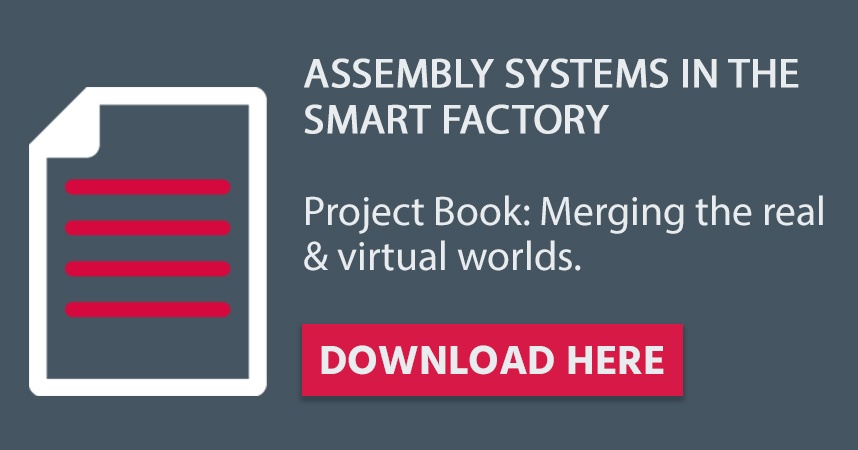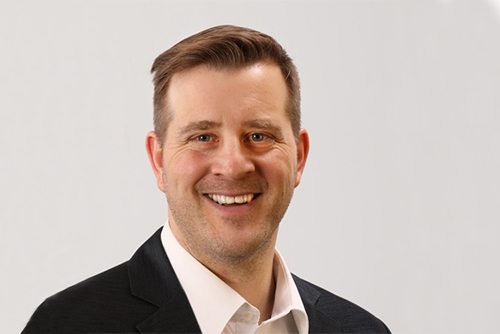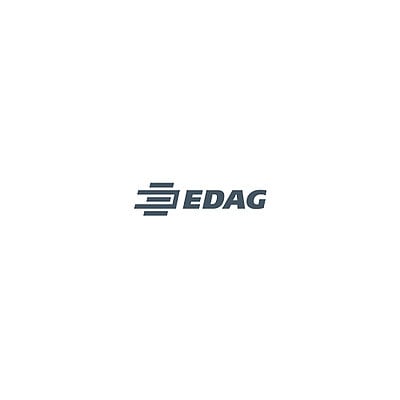Digitalisation is setting new standards in all fields of industry. Without automation and robot systems, for example, the assembly of components in a modern production plant is no longer conceivable. The combination of ever shorter development cycles, increasing product complexity and an unprecedented number of variants is a challenge for many companies. On top of this, and despite their desire to increase efficiency, they also have constant price and cost pressure to deal with.
Individual, flexible and fully integrated production solutions for these complex process requirements can be applied to counteract these effects; in other words production processes need to be automated and optimised using the latest robot-controlled technologies. The solutions available on the market are as many and varied as the installation requirements themselves. These differ enormously in terms of performance, degree of automation, space requirements and, of course, most particularly in terms of how much needs to be invested in them. In order to be able to handle all production tasks, many companies therefore rely on hybrid assembly systems, a combination of automated components and HRC robot technology. This is not like making classic use of industrial robots, since humans and robots work hand in hand here, without a safety fence. The focus remains, however, on safe and ergonomic workplace design.
The greater the complexity of a plant and therefore its automation, the greater the importance of plant simulation, which ultimately leads to virtual commissioning. It is, as it were, the fusion of the real and digital worlds. Working on the basis of a virtual, realistic image of the production plant - the digital twin - the aim is to test all functions and ensure the error-free interaction of all components before even starting to build the plant.
EDAG Production Solutions has many years of experience in the implementation of fully and partially automated assembly systems for a wide range of industries and the most individual customer-specific requirements. In order to realise both solutions, we use innovative technologies such as virtual or augmented reality, or image processing systems.
In cooperation with scientific institutes, we work on innovative solutions for industry.
For the future-oriented research project "assembly system with virtual image" carried out in cooperation with the Department of Production Systems (LPS) at the Ruhr University Bochum (RUB), we were able to successfully apply precisely this know-how. In this way, we have in recent months succeeded in finding solutions for the following - admittedly sometimes rather tricky - tasks.
The aim of the research contract was
- To procure an assembly system with a virtual image - in addition to the physical image, a functional virtual image was to be created to accompany all process phases and to enable virtual commissioning to be carried out at the end.
- The large appliance was to be a functionally closed, flexible hybrid assembly system.
- The plant had to be virtually and physically designed, built and commissioned by EDAG Production Solutions.
- The assembly system was to have a modular structure, so that LPS would be able to flexibly expand, convert or combine the plant with other assembly technologies at any time.
- Various HRC robot systems produced by different manufacturers were to be used, to create an extremely heterogeneous system structure.
- However, the work spectrum also included the idea of "bin picking", which also calls for image processing programs, for example.
- The subjects of safety and ergonomics in human-robot collaboration were also to be taken into account.
- The demonstrator was to be used for the assembly for the type of small parts that can be found in the electrical and electronics industry, for example. A "photovoltaic switch box" produced by Phoenix Contact was used as the basis for the design and commissioning of the assembly system.
At the start of the project just under a year ago, this task presented EDAG Production Solutions with a number of major challenges that needed to be addressed.
First off, however: we successfully implemented all the tasks set by the Ruhr University. Before the project was even a year old, we were able to hand over a turn-key plant with CE certification and a coupled virtual image.
This project combined a number of focal points that are also important to our customers in all industrial sectors:
- HRC robot technology
In semi-automated stations without safety fences, this opens up many ways of relieving the worker of work that is strenuous, non-ergonomic and monotonous, and the elimination of safety devices means that considerably less space is required. The integration of sensor technology makes is possible for sensitive assembly tasks, e.g. the assembly of automotive gearboxes, the insertion of rubber plugs or flexible parts, to be automated. - Virtual commissioning
Shortening the ramp-up processes of the production plants means that production can be started earlier. Plant optimisation is possible without downtimes and loss of production. From the office, work can be carried out on the system easily and parallel to operation. All this ensures that the quality and functionality of software and hardware can already be tested and optimised, if necessary, during the development process of a system. This reduces downtime, and leads to earlier sales.
The Production Systems Department has been working on future-related topics in the field of mechanical engineering for many years. The assembly plant, which we devised, planned, designed and then also constructed, was actually set up at at EDAG Production Solutions in Fulda and successfully put into operation, first virtually and then in reality. The plant will be handed over in Bochum on completion of a successful performance test.
With this plant, we were able to create a platform for researching other topics related to the Smart Factory - the factory of the future - in order to further develop complex automation technologies. For both we and the Ruhr University share a goal: namely to support industry so that it is able to keep up with the high speed of digitalisation in the next few years and take the opportunities this provides, making the best possible use of them for the benefit of the company and ultimately its success.
If you would like to know more about this trendsetting project, please download our "PROJECT BOOK: Assembly Systems in the Smart Factory. The fusion of the real and the virtual worlds: an innovative research project with the Ruhr University Bochum" or contact our colleague Andreas Friedrich, who will be happy to provide you with many insights into the project.






